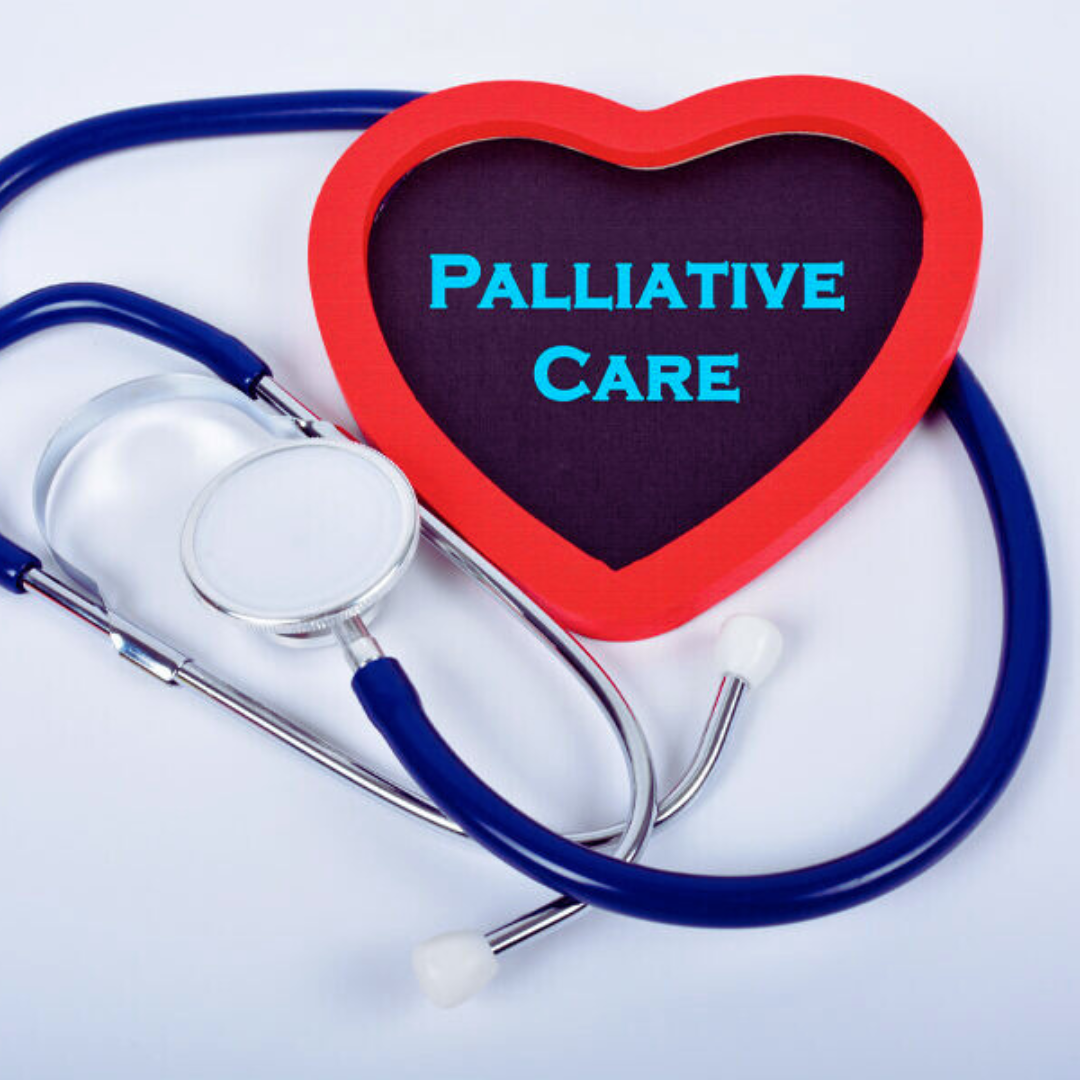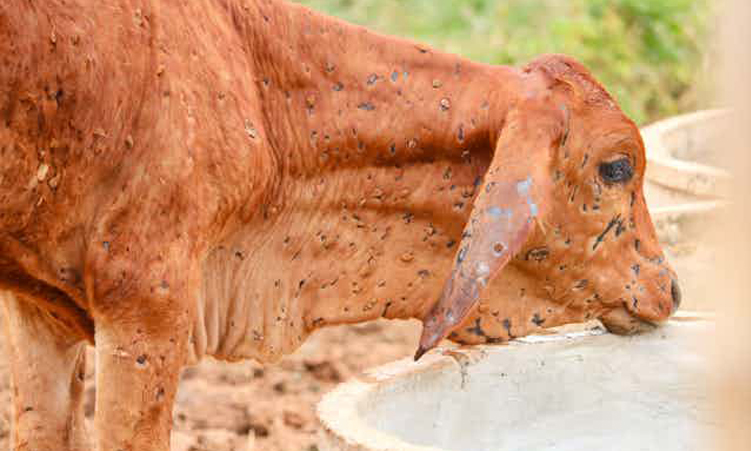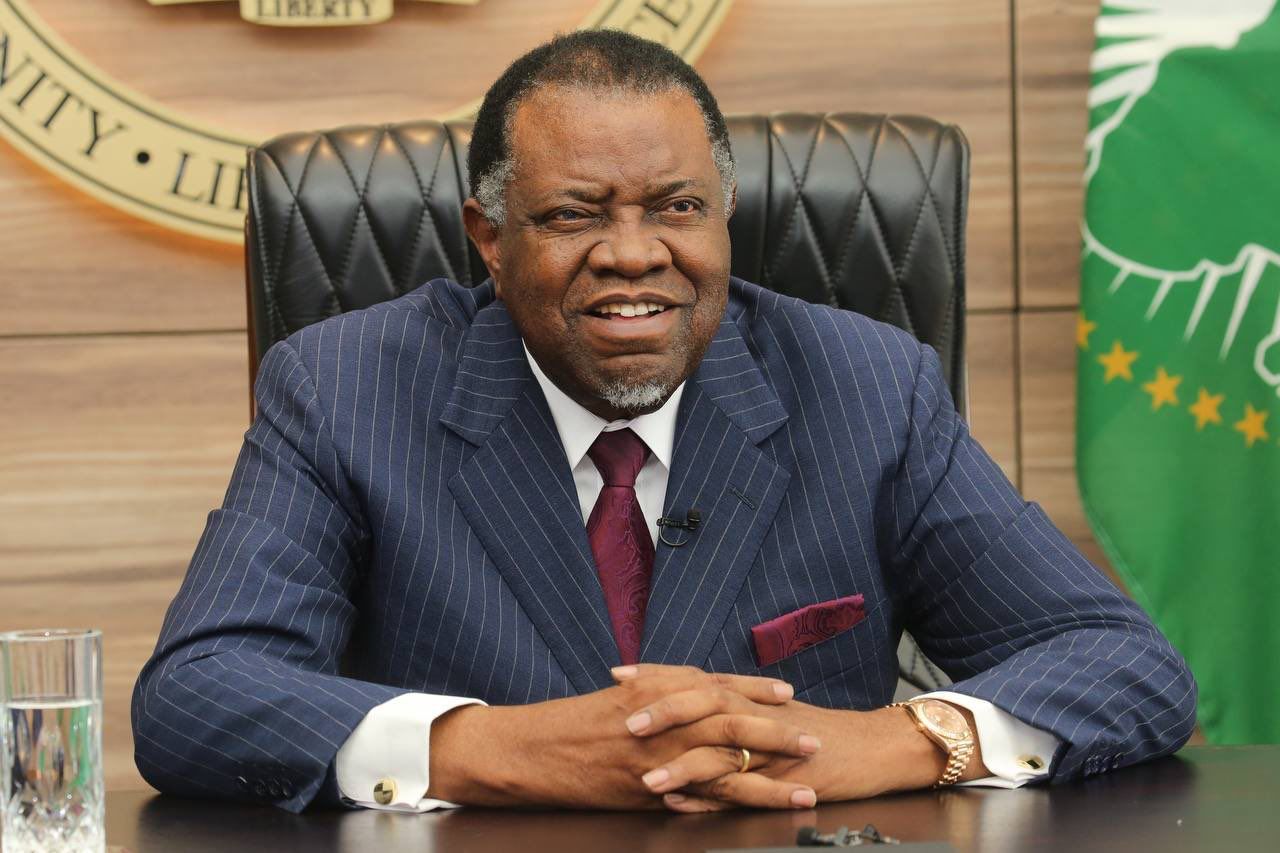ACTIVE involvement of citizens is essential in safeguarding democracy and achieving sustainable growth.
In Namibia, however, the process of public participation is neither properly understood nor fully exploited. At the launch of the implementation phase of the Erongo Regional Survey on Public Participation (RSPP), Governor Samuel Nuuyoma called for changes in the way public involvement has been practised in the past.”The only guarantee for democracy is when people are making their own political, cultural, social and developmental decisions at their own levels.”He said people who set their own priorities, plans, implementations, monitoring and evaluating standards would take ownership of projects, and development would follow.Public participation, as provided for in the Constitution, entails more than just the right to vote, said Nuuyoma.It extends to formulation, adoption and implementation of public policies, programmes and projects.The survey follows the Seminar on Participatory Democracy held in Windhoek last year, where it was decided to undertake nationwide consultation on public participation.A pilot phase was carried out in the Khomas Region.Researchers will now collect and analyse information on people’s knowledge, beliefs and attitudes.The implementation of the Regional Strategy will conclude the project.Nuuyoma said the progress made in the adoption of the decentralisation policy did not lead to active citizen participation.Most participation typically occurs in two realms: community participation, which tends to be limited to involvement in community development projects; and political participation, which appears to be limited to voting during election time, according to the Governor.”Some of the shifts needed in participation are shifts from passive beneficiary to active citizen, from project to policy, from consultation to decision making and from appraisal to implementation.”Despite concerted efforts, public participation is insufficient at national, regional and local levels 16 years after Independence, said Nuuyoma.He included inequalities and the speed and complexity of the legislative and policy-making process as contributing factors.He said people are sometimes confused by the complexity of the process, technical jargon and volume of information.”Whilst in theory it is possible for the public to participate at this level, in practice the complexity and speed of the legislative and policy-making processes diminish such possible participation,” Nuuyoma said.The fact that most information is only available in English further complicates the process, he said.”We need to ensure that people feel fully heard.”The RSPP is driven by the Ministry of Regional and Local Government through regional councils and local authorities.Technical and financial support is provided by the French and Finnish governments.A consortium led by the Namibia Development Trust and !Nara is also lending its expertise in the implementation process.The training of surveyors started yesterday.At the launch of the implementation phase of the Erongo Regional Survey on Public Participation (RSPP), Governor Samuel Nuuyoma called for changes in the way public involvement has been practised in the past.”The only guarantee for democracy is when people are making their own political, cultural, social and developmental decisions at their own levels.”He said people who set their own priorities, plans, implementations, monitoring and evaluating standards would take ownership of projects, and development would follow.Public participation, as provided for in the Constitution, entails more than just the right to vote, said Nuuyoma.It extends to formulation, adoption and implementation of public policies, programmes and projects.The survey follows the Seminar on Participatory Democracy held in Windhoek last year, where it was decided to undertake nationwide consultation on public participation.A pilot phase was carried out in the Khomas Region.Researchers will now collect and analyse information on people’s knowledge, beliefs and attitudes.The implementation of the Regional Strategy will conclude the project.Nuuyoma said the progress made in the adoption of the decentralisation policy did not lead to active citizen participation.Most participation typically occurs in two realms: community participation, which tends to be limited to involvement in community development projects; and political participation, which appears to be limited to voting during election time, according to the Governor.”Some of the shifts needed in participation are shifts from passive beneficiary to active citizen, from project to policy, from consultation to decision making and from appraisal to implementation.”Despite concerted efforts, public participation is insufficient at national, regional and local levels 16 years after Independence, said Nuuyoma.He included inequalities and the speed and complexity of the legislative and policy-making process as contributing factors.He said people are sometimes confused by the complexity of the process, technical jargon and volume of information.”Whilst in theory it is possible for the public to participate at this level, in practice the complexity and speed of the legislative and policy-making processes diminish such possible participation,” Nuuyoma said.The fact that most information is only available in English further complicates the process, he said.”We need to ensure that people feel fully heard.”The RSPP is driven by the Ministry of Regional and Local Government through regional councils and local authorities.Technical and financial support is provided by the French and Finnish governments.A consortium led by the Namibia Development Trust and !Nara is also lending its expertise in the implementation process.The training of surveyors started yesterday.
Stay informed with The Namibian – your source for credible journalism. Get in-depth reporting and opinions for
only N$85 a month. Invest in journalism, invest in democracy –
Subscribe Now!










